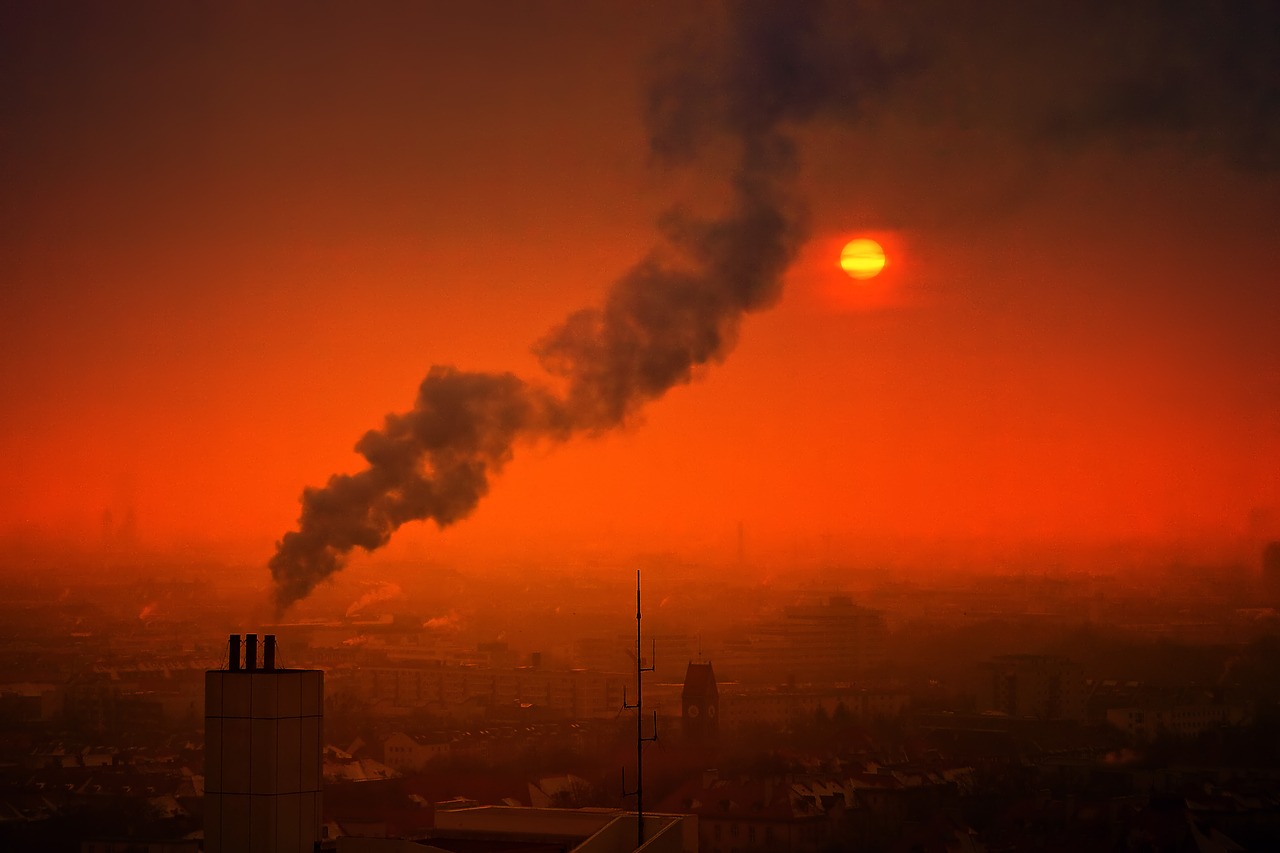There is a risk that there will be no fuel available on the market and people will reach for raw materials that should not be burned. This may include, for example, varnished wood, plastic or other waste. In result, the air will be very polluted and a cocktail of carcinogenic fumes will float above Poland – says Andrzej Guła, leader of the Polish Smog Alert in an interview with BiznesAlert.pl.
BiznesAlert.pl: The Polish Smog Alert has pointed to various shortcomings in the law on coal allowance. Where do you think this piece of legislation is flawed?
Andrzej Guła: The bill is as hollow as Swiss cheese. The government has introduced a coal allowance that is limited to just one group of consumers, ignoring others for whom energy prices have risen just as dramatically. Only after social pressure, users of wood pellets, LPG and municipal heat, will also have a chance to receive financial support.
In addition, there are significant gaps in the provisions on the coal allowance. The loopholes make it possible to artificially split the household, and instead of one family that lives in the same house, two or three households will be able to apply for the allowance. In the countryside, this is a fairly typical model: parents living downstairs, children upstairs and they share the heating source. Each of them will receive an allowance, which will give a total of PLN 6 or even PLN 9 thousand. The push for maximizing the number of allowances is already visible in many municipalities. This solution is definitely pathological. A major loophole is that the rules make it possible to acquire the coal allowance even if in previous years coal was not used for heating. It is enough that on the day of the application for the coal allowance the main source of heating is a stove or a coal boiler. This may be used by people who heat the house with gas, and at the same time have an additional coal furnace and declare that now the main source of heating is the coal furnace. Proving that this is not the case may be impossible in practice. Another example is townhouses, which often have tiled stoves. In such a situation, the user may also indicate that on the date of application their main heat source is coal even if coal furnaces have not been used for a long time.
On the one hand, we have cases where many households can use the allowance at one single-family building with one source of heat, and on the other hand, the bill makes it easy to declare that the main source of heat is coal, even though this raw material was not previously used. People are already coming to their local government offices to change the declaration submitted to the Central Register of Emissivity of Buildings to coal, which was not included on the previous declaration.
The law therefore creates many opportunities for abuse.
The draft bill on the new heating allowance for the clients of municipal heating has gaping loopholes as well. Our questions concern users who take heat from local, residential boiler houses. These are not licensed entities, and the government’s propositions do not support this group. The law is still being drafted, so we intend to actively participate in the discussion and opinion-making of this draft.
Do you have any other proposals that would address the shortcomings of the government’s ideas?
Recently, the Polish Smog Alert, together with the Institute for Structural Research and lawyers from the Frank Bold Foundation, presented in the Senate a social law on an energy subsidy that could replace the coal allowance. Our project is based on the income criterion, which in comparison with the government’s proposal would save about PLN 10 billion of taxpayers’ money.
The first pillar of our proposal is protection for households for the coming winter. Regardless of the source of heat, anyone who meets the income criterion will be able to receive financial support. The support would not go to the wealthiest households, and as calculated by the World Bank, PLN 3.5 billion of the coal allowance will go to this group. It’s a waste of public money.
The second pillar of our proposal is investing in improving energy efficiency. More than 30 percent of single-family homes in Poland do not have any insulation of the exterior walls. The heat, instead of heating the home dwellers, escapes through leaky partitions. Such an uninsulated house will consume up to 6 tons of coal per heating season, while a building with decent insulation will need only three tons of coal. Unlocking the potential for energy efficiency would not only save household budgets, but also reduce household carbon consumption by up to half by improving air quality. A huge public intervention is needed to improve the energy efficiency of Polish homes, as this is the only effective vaccine that can save us from the impact of the energy crisis.
Considering the shortcomings of the government’s proposals when it comes to the bill on the coal allowance, should we expect that in the coming winter Poland will be facing a serious problem with air quality?
There is a risk that there will be no fuel available on the market, and people will use raw materials that should not be burned. This may include, for example, varnished wood, plastic or other waste. This will result in very high air pollution and a cocktail of carcinogenic fumes floating over Poland. I am concerned that such a scenario is very likely in the next heating season, especially if the winter is cold and windless. Therefore, the government should support Polish households to a much greater extent in the exchange of heat sources and in investments in energy efficiency, so that in future heating seasons Polish homes will no longer be „energy vampires”, and will not be dependent on burning such a huge amount of fuel.
Interview by Michał Perzyński









